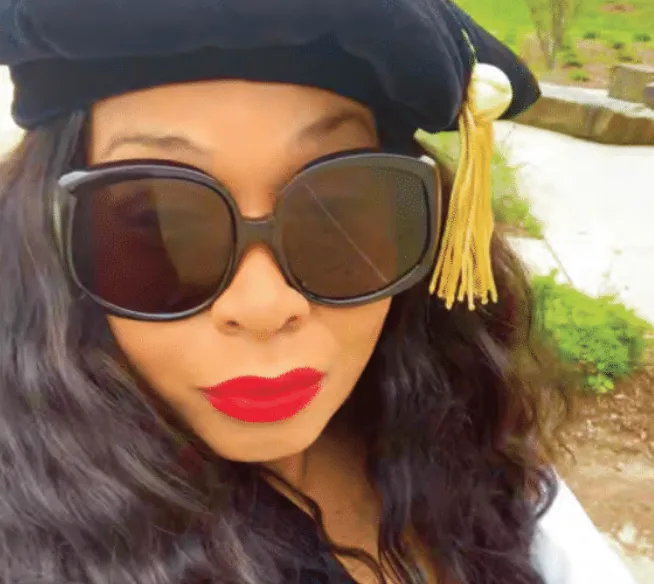“I can’t breathe.”
These were the last words of Eric Garner, said while he was being choked out by the NYPD on July 17, 2014.
Nearly six years later, on May 25, 2020, “I can’t breathe” was repeated when the Minneapolis police department choked out George Floyd.
Another phrase is evoked with these two deaths: “Me too.” We can imagine Floyd saying “me too” to Garner, owing to the similar ways in which they died. And this “me too” echoes throughout the voices of thousands of Black men, women, and children killed by police terrorism. It echoes throughout the stories of Black sexual violence survivors, through the Black trans women killed globally, through the disproportionately Black queer homeless youth, through the silencing of Sandra Bland and Breonna Taylor, whose voices we cannot hear. To be clear, the problems Black people face are bigger than police terrorism; they are multifaceted and plentiful.
The cost for being Black globally means enduring the everyday terror and violence of being Black while walking to the store, standing outside, jogging in your neighborhood, and while sitting and sleeping in your home. Because of the ubiquity of this fear, it’s critical to shift the conversation away from positioning Black lives mattering as a moment in time to an everyday attitude, practice, and belief.
